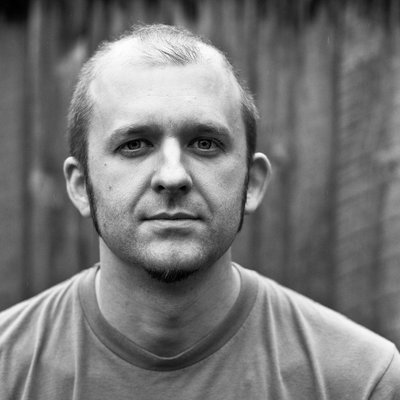
Arts funding is important. Without it, even our longest-running institutions close. The Jacobs Gallery at the Hult Center is the most recent in a string of examples.
People wring their hands when yet another art venue closes in Eugene, and the standard frustrations are conveyed: “There’s not enough funding!”; “I can’t survive as an artist in Eugene!”; “Nobody buys art!”; “Someone should step up and donate!”
All of those statements may be true, but they don’t get to the heart of the issue. The art-going public in Eugene has made it clear for years that the experience of supporting art is not worth the time or money. If people don’t show up to see it, if they don’t make their end-of-the-year donation, or purchase work for their collection, it’s because they aren’t compelled to do so. Plain and simple.
The voters don’t show up to the polls if they already think it’s an ineffectual process.
Our art scene sucks. I’ve never met a single person here who thought it was remarkable at all. The stable galleries offer a mediocre range of work that has little to say about the world in which we live. Most frustratingly, the existing venues off campus appear to be disinterested in acknowledging the last 50 years of art history.
When there is nothing challenging or critically engaging to see, the standard viewpoint becomes disinterest. You can only look at so much decoration.
There are a lot of artists who make nice formal work and there are a few niche galleries who’ve managed to survive. This is OK, but it’s not enough. Culture comes at us from all sides, in many different forms that aren’t aesthetically beautiful or easy to understand. The best art today does the same thing, but it’s not happening in Eugene.
So, Eugene artists, here are seven steps you can take right now to create a better art scene:
1) Begin by accepting that you have no money and no venue, and put on a show anyway. Assume nothing, expect nothing. Invite your friends. Exhibit in an alley, church basement or your living room.
2) Talk to people about your work and the work of your friends. Encourage criticism, and then learn to defend your artistic decisions.
3) Pick some of your work that is affordable to sell as opposed to making work to sell (which is a backwards way to make thoughtful art). Get with the times and obtain a credit card reader (like Square or Paypal) for your phone to take payments. It only makes it easier for you to make money.
4) Determine the prices of your work based on your biggest pieces and work backwards, as a personal reference. Price them like they are really worth something, and don’t be passive when opportunity arises, even if a sale seems unlikely. The point is to own what you do because you love doing it, not because you have had some sort of credibility dropped on you from above. You probably don’t want to be a part of the financially weird national/international art markets anyway, and the local market is not even a thing. Not yet.
5) Don’t act like selling yourself is beneath you, and don’t assume you’ll get “discovered.” That’s a dead paradigm. Make yourself known. Eugene isn’t New York or San Francisco. Those cities’ art scenes have problems of their own. If you are operating locally, you have to be your own best advocate.
6) Get everyone’s email address and tell them you’ll only use it for good, not evil (learn email best practices). Tell them when you or your friends have made some new work, and when they can come see it.
7) Work hard at making the most honest work you can, whether you photograph sunsets, paint cats or make installations criticizing human rights and transnational corporate greed. Don’t worry about the rest.
Any real scene starts small and grows around passionate, like-minded people. If enough people take responsibility for their work and audience, it’s actually possible to make it so there isn’t a night you can’t go see art in Eugene. There are loads of artists in this city, and loads of people who like all kinds of art. They just need a personal invitation to be a part of your scene. Invite your friends and family. Ask them to bring a bottle of wine.
You don’t need an institution, or a business partnership. You need to make good work, and tell people about it when it’s done. – Courtney Stubbert
Courtney Stubbert is an independent visual designer for artsdigital.co and co-founder of EugeneContemporaryArt.com.